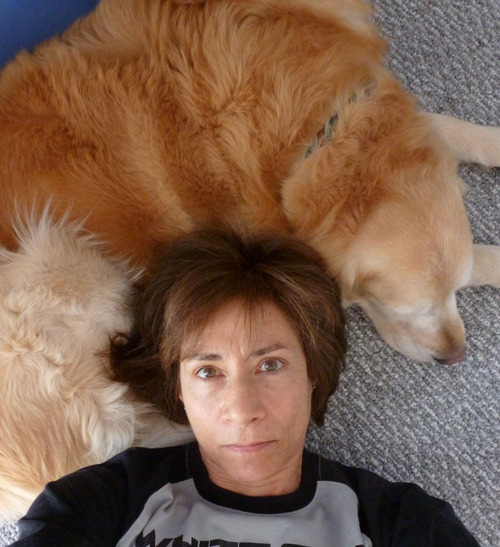
Antonia Crane Talks to Cris Mazza
Cris Mazza is the author of nineteen books, all grounded in post-feminist, contemporary experimental fiction. In her newest book, Something Wrong with Her, she writes in a frank yet musical style about her own inorgasmia in a time where sexual excess is flaunted, bloated, bared and memoir’d to death.
My pro-sex pro-porn go team feminism met Mazza in the hallway of her so called frigidity, but Mazza’s story is anything but frigid. It contains a hot, complex, rich texture in ample, musical supply. Aggressive and responsive, even her footnotes engage an ex-lover, whom she calls “Mark” directly, like a text message we glance at over her shoulder throughout the text and sweat. Mazza takes obsession to a jazzy level that borders on David Foster Wallace footnotes in its quest to discover the truth about her “condition.” But while reading Something Wrong With Her, I realized her book is not really about our collective coldness at all but about the dissonant language of sexuality and yearning: the forensics of love itself.
—Antonia Crane
I. SOME KIND OF FATHOMLESS YEARNING
ANTONIA CRANE: Early on, you provide a stark contrast between your low-key style of dress and being called “the sad girl” and other women. You write, “There were always bold and vivacious girls.” And those annoying cheerleader types with wind-swept thick blonde hair and big teeth got the higher paying jobs. In my first read, I thought I detected contempt for those women, but now I think it’s more about invisibility vs. visibility. Can you reveal how you retreated into invisibility and what you were conveying about women, sexism, the workplace and our culture?
CRIS MAZZA: It was, simply, easier to be invisible than to have attention called to my complete frumpiness. Invisibility came in stages, the first being androgyny. If I did not wear female-only apparel, I was not judged as a female (as openly—it was still there, just not as brutally). Then if I played an instrument in band that only boys played, it was not to be closer to all the boys, it was to disguise my lack of girlishness. I didn’t have that conscious goal at the time, but I’ve recognized the tacit motive since then. In college, unable to be “special”—or in demand—as a girl, I made myself useful, even essential, in my microcosm—as a writer and photographer for the band, particularly for the band director. My “specialness” was to produce something of value, not to look like something (with that different kind of “value”), so I was still fundamentally invisible, but had a significant purpose. My ambition to be a novelist was already there, and fit easily...
You have reached your article limit
Sign up for a digital subscription and continue reading all new issues, plus our entire archives, for just $1.50/month.
Already a subscriber? Sign in




